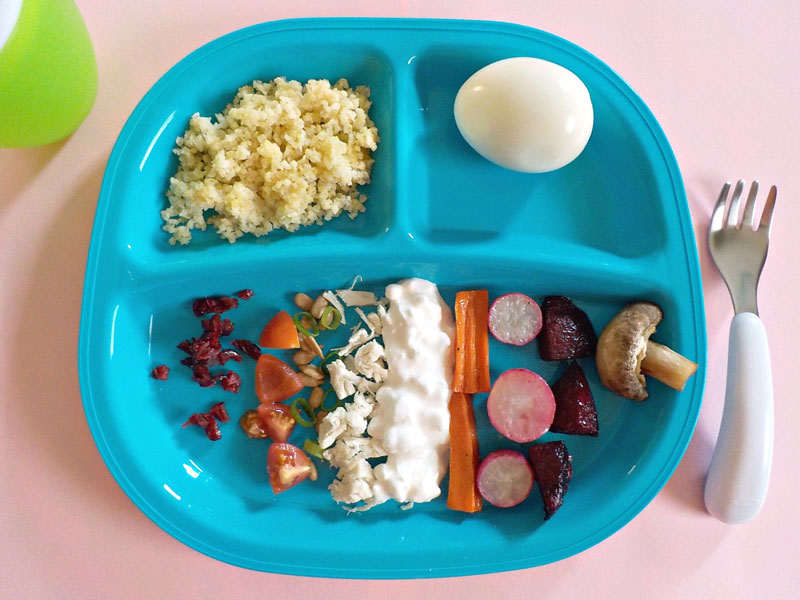Life as a busy parent means juggling a million things at once—work, school runs, activities, and somehow making sure your family eats well. Figuring out what to cook every day can feel like just another chore on an already long list. The good news? A little bit of planning can make meals easier, save money, and reduce stress.
The goal here isn’t to have a Pinterest-perfect meal plan every week. It’s about creating simple, sustainable habits that help you get dinner on the table without feeling overwhelmed. Whether you’re new to meal planning or just need a few fresh ideas, these hacks will help you simplify the process and bring more ease to mealtimes.
1. Plan Your Meals Around Simple, Family-Friendly Recipes
When planning meals for the week, keep it simple and practical. Stick to meals that are easy to prepare and that your family already enjoys. A mix of quick recipes makes grocery shopping easier and ensures you always have something stress-free to cook.
Having a set of go-to meals in rotation helps streamline the process. Stir-fries, one-pan dinners, slow-cooker meals, and sheet-pan recipes are all great options. If you want something flavorful and hands-off, this baked teriyaki chicken is a perfect choice. It is a great example of a meal that’s easy to prepare, full of flavor, and requires minimal effort. Since it’s baked, you can pop it in the oven and use that time to help with homework or prep for the next day. Plus, making extra means you’ll have leftovers for a quick lunch or dinner later in the week.
For families with picky eaters, meal planning works best when it’s flexible. Instead of cooking separate meals, make small adjustments—like serving sauces on the side or customizing toppings—so everyone can enjoy dinner without extra work.
2. Make a Master Grocery List
Instead of starting from scratch every week, create a master grocery list with the essentials your family uses often. Organizing your list by category—produce, dairy, pantry staples, proteins—makes shopping faster and ensures you don’t forget anything.
Having a well-organized list also prevents impulse buying, which helps keep grocery costs under control. Keep a digital version on your phone or print out a reusable list to check off items as you run low.
3. Batch Cooking to Save Time
One of the easiest ways to simplify mealtime is by batch cooking. Preparing ingredients or full meals in advance saves time on busy nights when you don’t have the energy to cook from scratch.
Here are some easy batch-cooking ideas:
- Cook a large batch of shredded chicken to use in tacos, salads, or pasta.
- Make a pot of soup or chili and freeze it in portion-sized containers.
- Prep large amounts of rice or quinoa to use throughout the week.
- Cook extra ground beef or turkey and store it for future meals.
Batch cooking doesn’t mean spending an entire Sunday in the kitchen. Even cooking double portions while making dinner can help reduce cooking time for the next few meals.
4. Theme Nights for Simpler Planning
Eliminate decision fatigue by assigning themes to certain days of the week. Not only does this make meal planning easier, but it also adds an element of fun for kids who love knowing what’s coming next.
Some popular meal theme ideas include:
- Meatless Monday – A great way to incorporate more plant-based meals.
- Taco Tuesday – Endless possibilities with beef, chicken, or veggie tacos.
- Pasta Night – Rotate between different sauces and proteins.
- Breakfast for Dinner – Pancakes, omelets, or breakfast burritos make for an easy and fun meal.
With a set structure, you’ll spend less time deciding what to make and more time enjoying dinner with your family.
5. Prepping Ingredients in Advance
Even if you don’t have time to cook full meals ahead of time, prepping ingredients can save precious minutes during the week.
Here’s what you can prep in advance:
- Wash and chop vegetables and store them in airtight containers.
- Portion out snacks for school lunches.
- Pre-mix spices and marinades for faster meal assembly.
Even small efforts like these can cut down on time spent in the kitchen when you’re already in a rush.
6. Make Freezer Meals for Busy Nights
Freezer meals are a lifesaver when unexpected schedules throw off your meal plan. Cooking a double batch of meals and freezing extra portions makes future dinners easier.
Great freezer-friendly meals include:
- Lasagna or baked pasta dishes
- Chili, soup, or stew
- Stir-fry kits with pre-chopped veggies and marinated meat
- Slow-cooker meals that can be dumped in and cooked with no prep
Label freezer meals with cooking instructions to make reheating foolproof.
7. Get the Whole Family Involved
Meal planning isn’t just one person’s job—get the whole family involved to make it easier!
- Let kids help pick meals for the week. Giving them choices makes them more likely to eat what’s on the table.
- Assign simple tasks like washing produce or stirring ingredients.
- If you have older kids, let them be in charge of one meal per week.
When everyone contributes, mealtime feels less like a chore and more like a team effort.
8. Keep a Well-Stocked Pantry
A well-stocked pantry makes it easy to throw together a meal, even when you don’t have time to shop.
Staples to keep on hand:
- Dry goods – Rice, pasta, quinoa, oats
- Canned goods – Beans, tomatoes, broth, tuna
- Frozen items – Vegetables, fruits, pre-cooked proteins
- Seasonings & sauces – Soy sauce, olive oil, garlic, spices
Having these basics on hand means you can always put together a quick, healthy meal.
9. Don’t Overcomplicate It
Not every meal needs to be homemade from scratch. Sometimes, shortcuts are the best way to keep things manageable.
Quick and easy meal shortcuts:
- Use rotisserie chicken for quick wraps, salads, or soups.
- Buy pre-cut vegetables to save chopping time.
- Keep frozen meals or meal kits on hand for extra busy nights.
The goal is to simplify, not to add more stress. As long as your family is fed and happy, you’re doing great!
Meal planning doesn’t have to be complicated. By choosing simple meals, prepping ahead, and using shortcuts when needed, you can make mealtime easier and more enjoyable.
If you’re new to meal planning, start small—maybe try planning just three meals a week. Over time, these habits will become second nature, and you’ll find yourself spending less time stressing about dinner and more time enjoying it with your family.
The best part? Less mealtime stress means more quality time together, which is what really matters.


